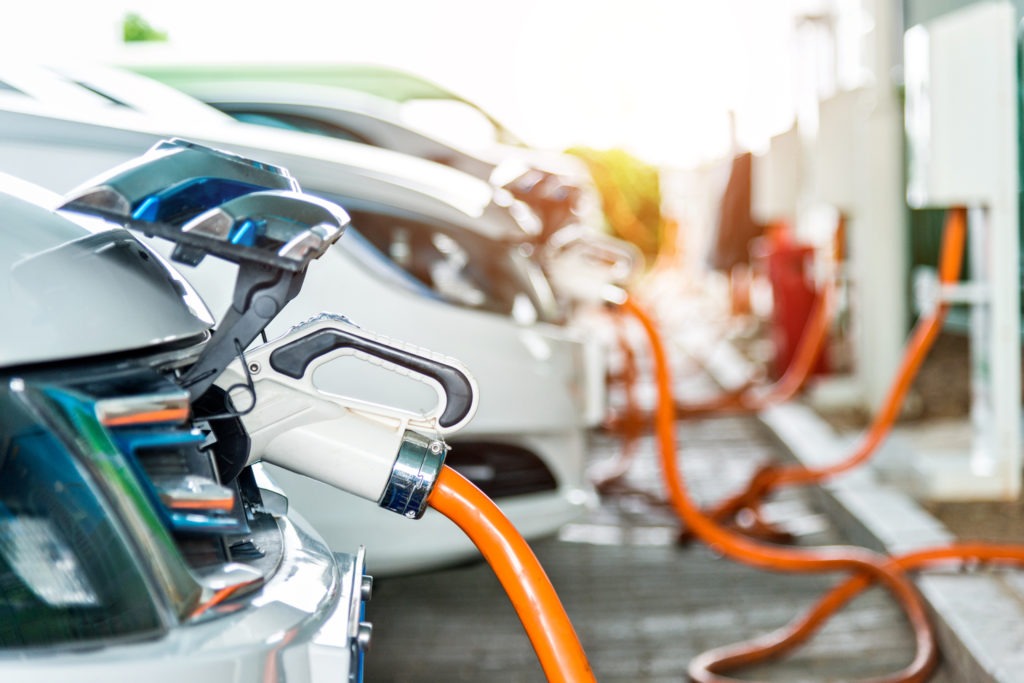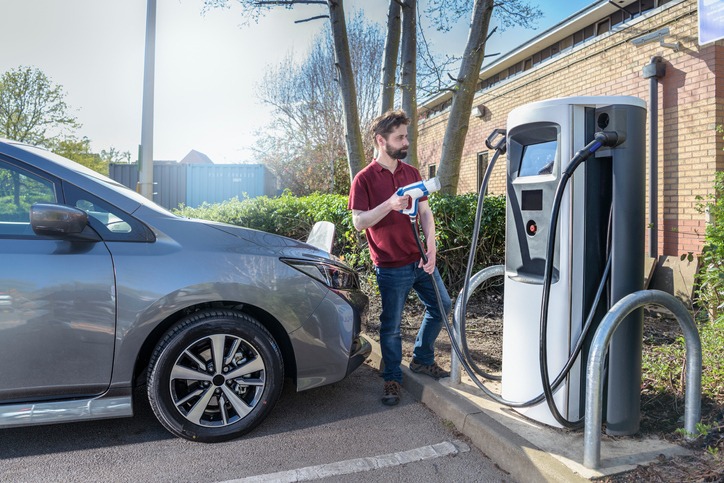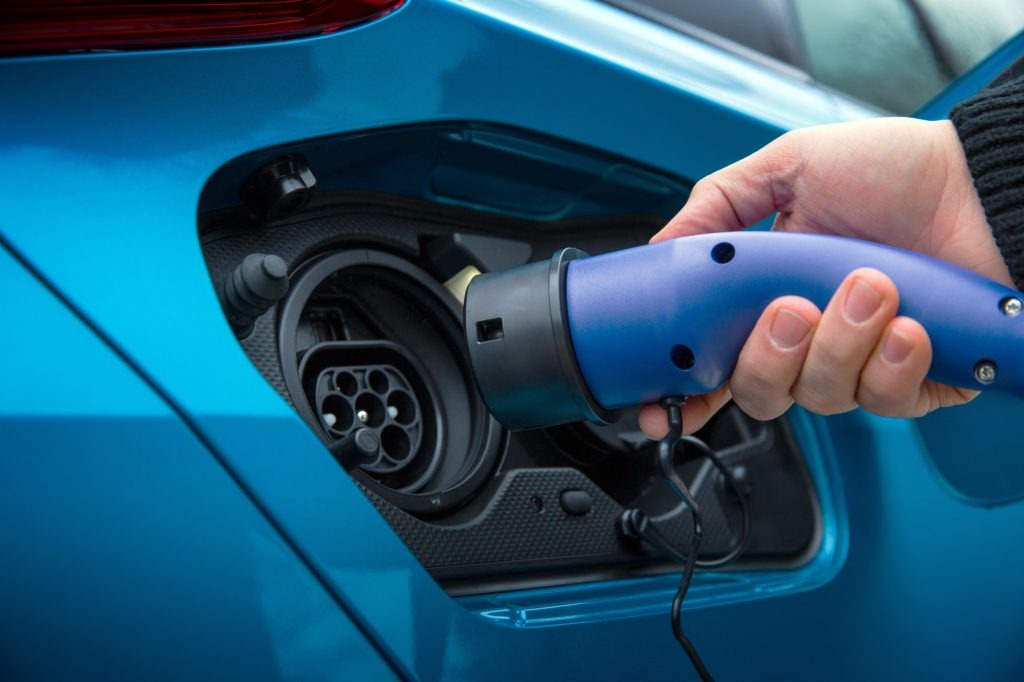10 EU countries without single charging point per 100km of road
09 September 2021

The European Automobile Manufacturers’ Association (ACEA) has revealed a seriously uneven spread of charge points across the EU. 10 countries have been found to not have even one charging point for every 100km of key roads (including motorways, state, provincial and communal roads).
Range anxiety will continue to decrease as electrically-chargeable vehicle (EV) batteries improve. However, this only gives way to charging anxiety as consumers consider how they will get power back into their depleted vehicles.
While some countries have thrown massive amounts of time and money into electrifying their road networks, others have fallen behind. As ACEA points out, there looks to be a direct correlation between a country’s charging infrastructure and its EV registration rate.
Low on power and EVs

The five countries with the lowest number of charging points per 100km are Lithuania (0.2), Greece (0.2), Poland (0.4), Latvia (0.5) and Romania (0.5). In contrast, the Netherlands (47.5), Luxembourg (34.5), Germany (19.4), Portugal (14.9), and Austria (6.1) boasted the most advanced EV infrastructure.
ACEA pointed out that the 10 EU countries most lacking infrastructure also had EV market shares of less than 3% (except for Hungary) in 2020. Meanwhile, 18 EU members have under five points per 100km of road, with four only having 10 chargers for each 100km of road.
Unfit for 55?
Published in July, the European Commission’s Fit for 55 package proposed that, by 2030, C02 emissions form new cars should be 55% less than 2021 levels. This marked an increase on the 37.5% target set only three years ago. Following the package, the Commission outlined a target of 100% lower C02 emissions by 2035, bringing an end to the internal-combustion engine (ICE) age.
ACEA’s director-general, Eric-Mark Huitema said that consumers would not be able to make the switch to zero-emission vehicles if there is not enough infrastructure. ‘For instance, if citizens of Greece, Lithuania, Poland and Romania still have to travel 200km or more to find a charger, we cannot expect them to be willing to buy an electric car,’ he explained. This means infrastructure will need to make huge strides across the EU in a short amount of time.
‘Unfortunately, the proposal for an Alternative Fuel Infrastructure Regulation – also a component of the Fit for 55 package – is out of sync with the Commission’s ambitions for the CO2 targets,’ Huitema added. ‘While we appreciate the introduction of much-needed binding targets for charging and refuelling stations in each member state, they will need to be strengthened significantly if we want to meet our climate goals.’



